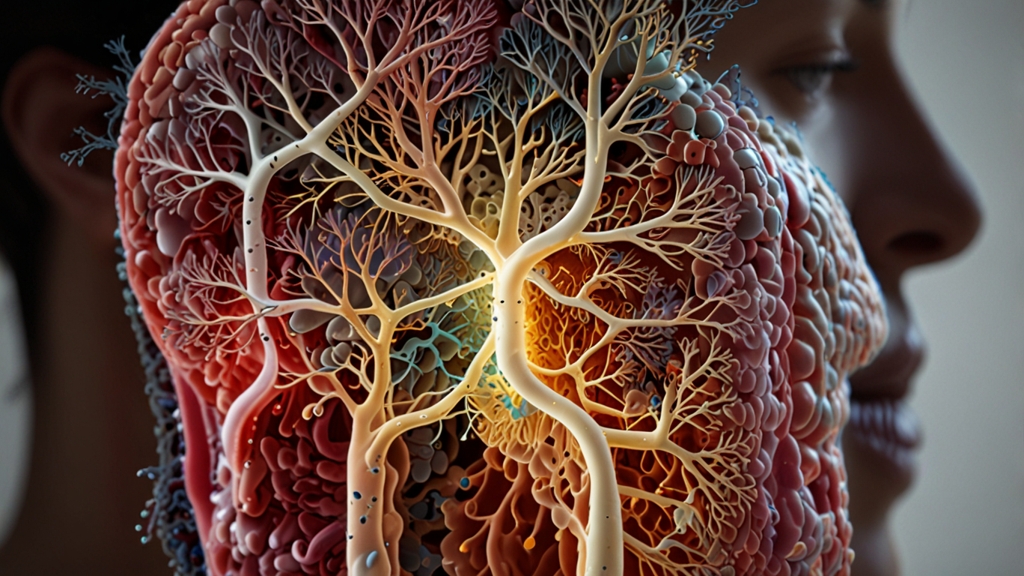The Dark Side of AI: Ethical Dilemmas We Can't Ignore
Artificial Intelligence (AI) has the potential to bring about unprecedented advancements in various fields such as healthcare, transportation, and entertainment. However, alongside these benefits, there exist significant ethical dilemmas that society must confront. This article explores some of the darker aspects of AI and the ethical challenges that demand our attention.
Bias and Discrimination
One of the most alarming ethical issues with AI is the risk of bias and discrimination. AI systems learn and make decisions based on data they are trained on. If this data contains biases, the AI can perpetuate and even amplify these biases.
“The issue of bias in AI is not just a technical problem, but a societal one. It requires urgent and comprehensive solutions.”
For instance, facial recognition technologies have shown to be less accurate in identifying people of color compared to their white counterparts. This can lead to discriminatory practices in areas like law enforcement and hiring. Ensuring representative and unbiased datasets is vital, yet difficult to achieve.
Privacy Concerns
As AI systems become more integrated into our daily lives, they collect vast amounts of personal data. This brings about serious privacy concerns. AI can analyze this data to uncover patterns and make predictions about individuals, often without their explicit consent.
“The convenience of AI comes at the cost of personal privacy. We are trading our private information for better services, but at what price?”
Not only is there a risk of data breaches, but there's also the potential for misuse of information. This raises questions about who owns the data and how it can be ethically utilized. Effective regulation and transparency are crucial steps in addressing these privacy concerns.
Job Displacement
AI’s capability to perform tasks traditionally done by humans poses another ethical dilemma – job displacement. Automation threatens to render many jobs obsolete, especially in sectors like manufacturing, transportation, and even white-collar jobs like accounting and legal services.
While technological advancement has always led to the creation of new jobs, the rapid pace at which AI is evolving could result in a significant lag where displaced workers struggle to find new employment opportunities. This could lead to wide-scale socio-economic inequality.
Autonomy and Control
The idea of autonomous AI systems raises the question of control. As we grant more decision-making power to AI, we must ask ourselves who is ultimately responsible for the outcomes. If an autonomous vehicle causes an accident, who is to blame? The manufacturer, the programmer, or the AI itself?
“Giving decision-making power to AI systems necessitates a reevaluation of our legal and ethical frameworks. The lines of accountability must be clearly drawn.”
Establishing clear guidelines and accountability measures is essential to ensure AI systems are used responsibly and ethically.
Existential Risks
Beyond immediate ethical concerns, there are long-term existential risks associated with AI. Advanced AI could surpass human intelligence, resulting in scenarios where AI systems make decisions that could be harmful to humanity. Theoretical but not impossible, the concept of “superintelligent” AI raises profound ethical questions that need careful consideration.
Ensuring that AI development includes robust ethical oversight and risk assessment protocols can help mitigate these potential dangers.
Conclusion
While AI holds promising potentials, the ethical dilemmas it poses cannot be ignored. Addressing bias and discrimination, safeguarding privacy, managing job displacement, ensuring proper control, and considering existential risks are critical steps in guiding AI towards a future that benefits all of humanity. It is our collective responsibility to ensure that AI advancements are aligned with ethical principles and human values.










